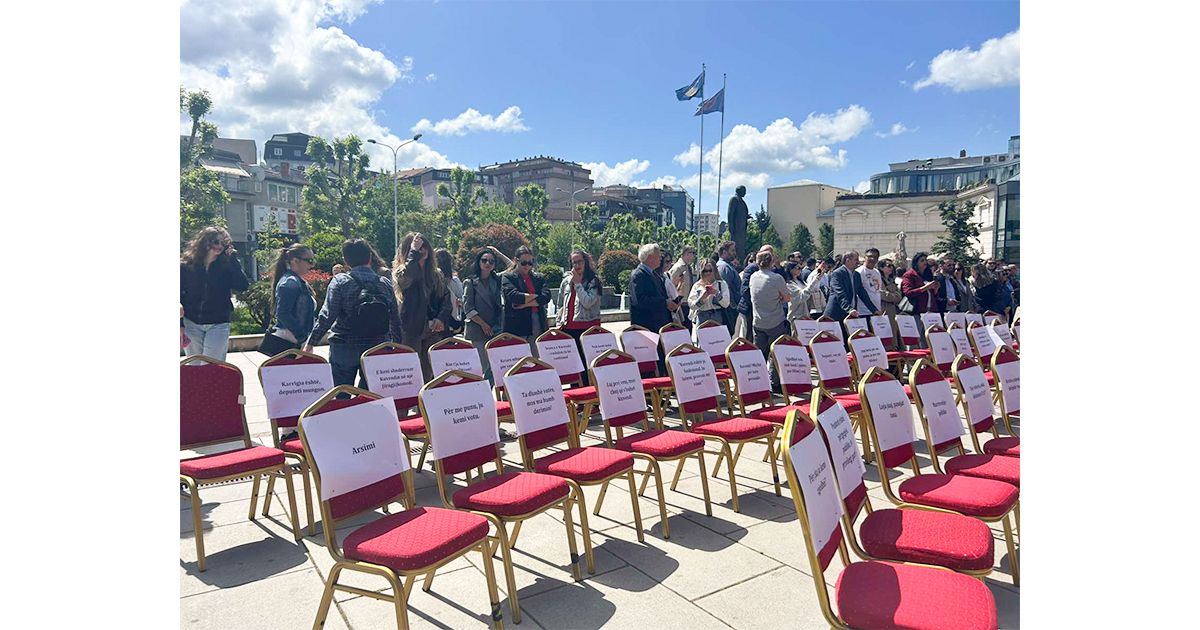The staff at Handikos Mitrovica on 21 September held a comprehensive training on the Code of Ethics, a crucial document that provides clear guidelines for ethical conduct within the organization.
This training initiative was organized by Handikos Mitrovica, which is a member organization of the Kosovo Women’s Network (KWN), as part of the “Handikos Mitrovica Code of Ethics” project.
Rita Berisha, who has drafted the Code of Ethics and the trainer for Handikos Mitrovica’s staff, stressed the paramount importance of this ethical framework. She emphasized that every employee within the organization should not only understand but also actively apply the code of ethics.
“This Code of Ethics is grounded in the Labor Law, the Law on Protection from Discrimination, the Law on Gender Equality, and the Criminal Code, particularly addressing cases of violence and sexual harassment. Moreover, the Code of Ethics has been developed in compliance with the EU Directive on work-life balance. Therefore, I believe it is imperative for all staff members to stay informed about the updates to the Code of Ethics,” Berisha said.
She further expressed her view that it is crucial to continually update the organization’s work regulations to ensure full alignment with the Code of Ethics.

Meanwhile, Myrvete Hasani, the director of Handikos Mitrovica, emphasized the importance of conducting such training sessions for the staff, as there had been a noticeable gap in this critical area of knowledge.
“I firmly believe that these rules should be adhered to not only by the organization’s director and management but also by every single staff member. This information equips us with the proper conduct when interacting with employees, parents of children with disabilities, women, and all individuals who avail themselves of Handikos Mitrovica’s services,” she said.
She noted that while the organization and its staff were already acquainted with most of the basic rules outlined in the Code of Ethics, the recent update allowed them to become familiar with the newly incorporated sections.

The training initiative by Handikos Mitrovica was carried out within the framework of the “Code of Ethics of Handikos Mitrovica” project, which received support from the Kosovo Women’s Fund of KWN through the 18th round of grants, with financial support From the Sigrid Rausing Trust.



